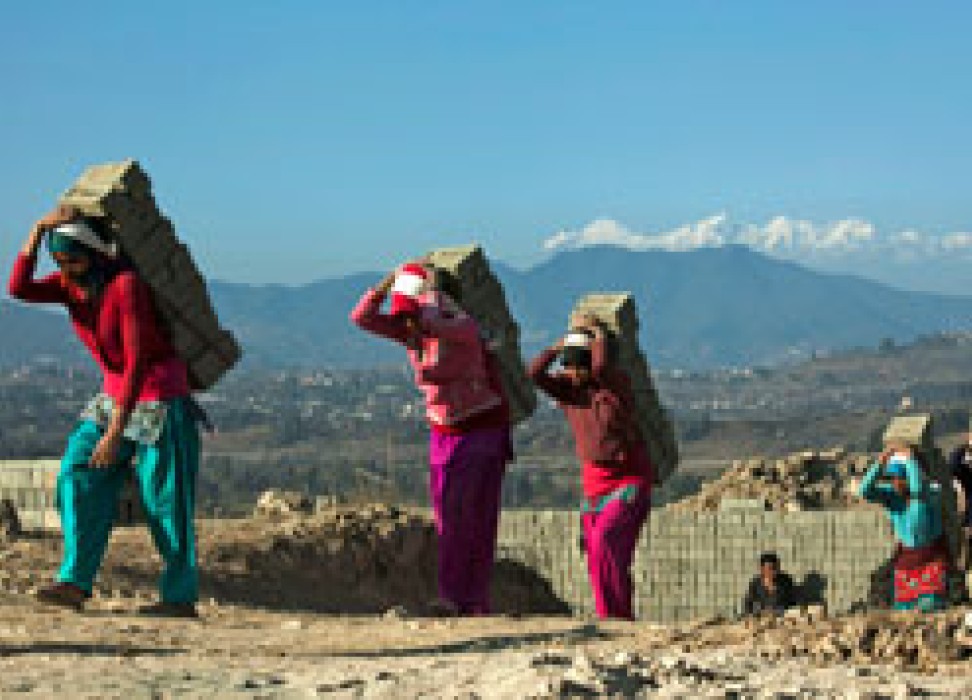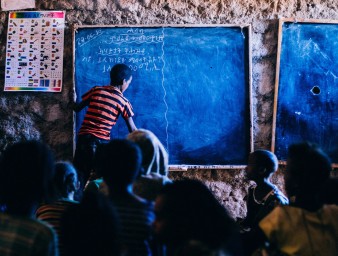Towards a new development agenda fully grounded in human rights
14 January 2014

“We must make sure we recognise the importance—the absolute necessity—of promotion and respect for human rights in everything we do,” said UN Human Rights Deputy Chief Flavia Pansieri during the European Development Days in Brussels, alongside European Union Special Representative for Human Rights, Stavros Lambrinidis.
The European Development Days, a forum on international affairs and development cooperation, was organized by the European Commission in November. “If it is true that there is no peace without development and no development without peace, it is equally true that neither of the two can exist without human rights,” Pansieri said.
The European Union called for a post-2015 framework that “takes into account human rights and governance as enabling conditions for progress.” During a special event at the European Development Days, co-organized by the UN Human Rights Office and the Directorate General for Development and Cooperation of the European Commission, human rights experts came together for an interactive dialogue that discussed some of the limitations of the current Millennium Development Goals (MDGs) and new opportunities for mainstreaming human rights in the new agenda.
Margaret Wachenfeld, Director of Legal Affairs at the Institute of Human Rights and Business, said that the private sector plays a key role in the post 2015 agenda. According to Wachenfeld, the United Nations Guiding Principles on Business and Human Rights assisted in kick-starting the conversation on respect for human rights in business. “Business has a responsibility to follow the law, but even if legal regulation is not there, their responsibility is to meet international human rights standards as a minimum,” she said.
According to Ignacio Saiz, Executive Director of the Center for Economic and Social Rights, the new post-2015 framework should also identify accountability at every level. As corporations are being encouraged to play an active and deeper role as an engine to development, their level of accountability should also be increased.
Saiz also added that the MDGs failed to treat health, education, and housing as human rights issues and the upcoming year is an opportunity to mainstream a human rights based approach into the new agenda. “The lack of attention paid to inequality has been one of the biggest blind spots of the MDG process,” he said.
Heidi Hautala, former Minister for International Development of Finland and the President of Green European Foundation, stressed that human rights must be perceived both as a goal of development and as a means to achieve development. “The modern world has come to an understanding that there can be no development without the full understanding of human rights in policy,” she said. “It is not just empty worlds and it should not be this way; much less will be achieved if we do not pay attention to the development impact of all policies.”
Fawzia Y. H. Adam, Deputy Prime Minister and Minister for Foreign Affairs in Somalia, highlighted the importance of involving civil society, especially youth groups, in order to advance development. Adam also said that in order for women to play an important part in public and political participation, they must be well educated. “Higher education is the backbone of development,” she said.
14 January 2014




